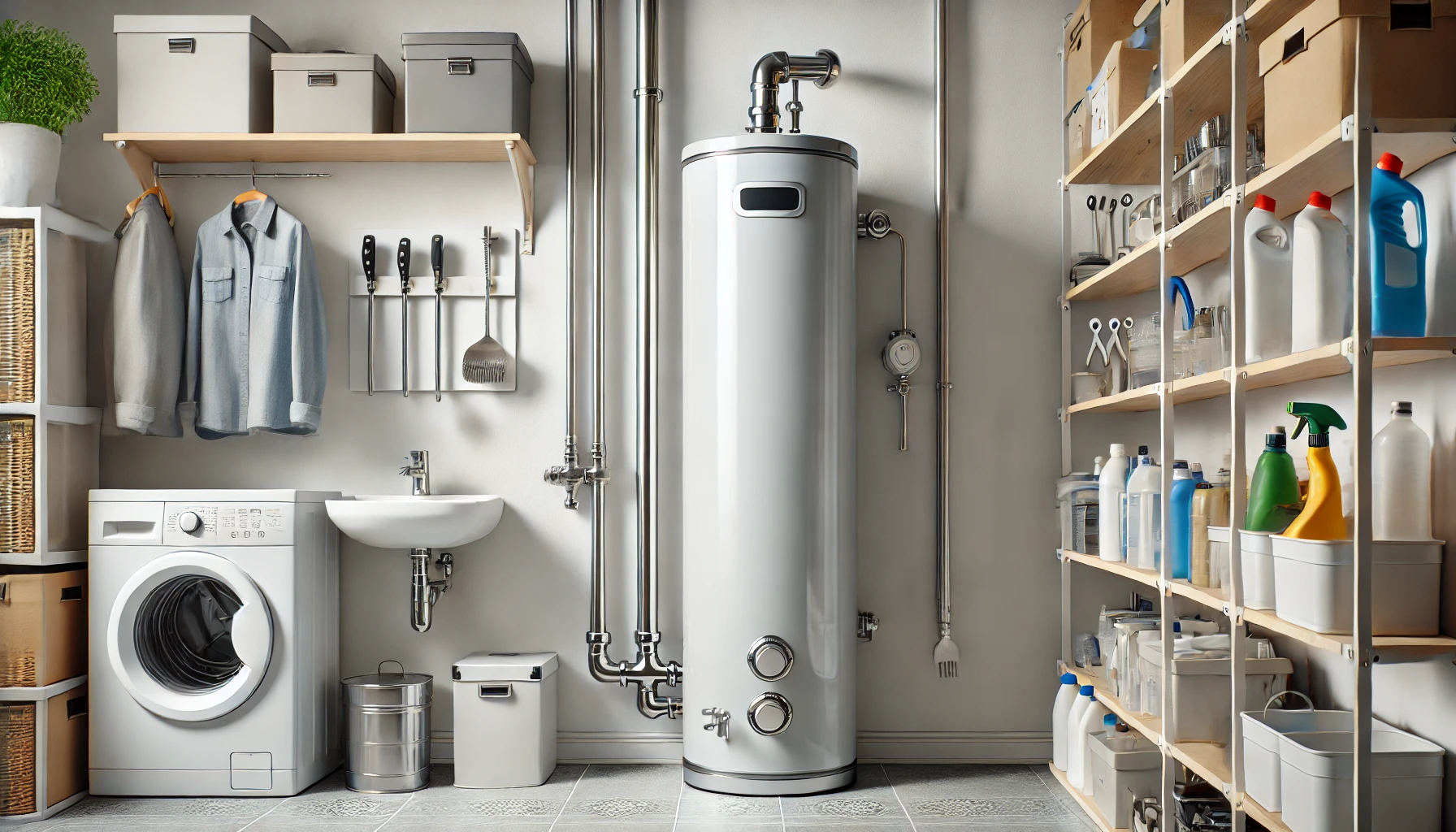Introduction to Water Heaters
Water heaters are essential household appliances in India, providing hot water for daily use—from bathing to cleaning. In 2025, growing awareness of energy efficiency, cost savings, and environmental impact has made choosing the right water heaters more important than ever.
Types of Water Heaters
a. Storage Tank Water Heaters
These traditional water heaters store hot water in insulated tanks. Ideal for large families, often available in 10–35 litre capacities.
Pros:
-
Readily available hot water
-
Easy to install
Cons:
-
Higher energy loss
-
Larger footprint
b. Tankless (On-Demand) Water Heaters
Tankless heaters heat water directly when needed, offering energy-efficient water heating solutions.
Pros:
-
Energy savings up to 30%
-
Compact design
Cons:
-
Limited flow rate
-
Higher initial cost
c. Instant & Solar Water Heaters
Instant water heaters, typically electric, are popular across India for point-of-use applications. Solar water heaters use renewable energy, perfect for sunny regions.
Pros:
-
Instant hot water
-
Solar models reduce bills
Cons:
-
Electric ones have power limits
-
Solar heaters depend on sunlight
d. Heat Pump Water Heaters
Using ambient air, these heaters offer eco-friendly water heating with high efficiency (COP of 3–4).
Pros:
-
Best energy savings
-
Lower carbon footprint
Cons:
-
High upfront cost
-
Less effective in cold climates
Choosing the Right Water Heater in India
✅ Capacity & Sizing
-
1–2 people: 10–15 litres
-
3–4 people: 25–35 litres
-
5+ people: 35+ litres
✅ Energy Efficiency & Ratings
Look for BEE 3-star and above. High-rated units save ~20–30% electricity.
✅ Brand & Service Network
Choose brands like Racold, AO Smith, and Havells for widespread support and genuine parts.
Installation & Maintenance Tips
-
Professional installation: Ensures safety and warranty validation.
-
Annual maintenance: Flush tank, inspect sacrificial anode, check T&P valve.
-
Temperature settings: 55–60 °C avoids scalding and reduces scaling.
-
Earth leakage circuit breaker (ELCB): Mandatory for electric units.
-
Insulate pipes & tanks: Saves up to 15% on energy bills.
Cost & Energy Savings: A Comparison
| Type | Initial Cost | Running Cost | Energy Efficiency | Best For |
|---|---|---|---|---|
| Storage Tank | Low–Medium | High | Low–Medium | Large families |
| Tankless | Medium–High | Medium | High | Small families/spots |
| Solar | High | Very Low | Very High | Sun-drenched areas |
| Heat Pump | High | Low | Very High (COP 3–4) | Eco-conscious homes |
Health & Safety Guidelines
-
Water quality: Use corrosion-resistant tanks, especially in hard-water regions.
-
Temperature check: 55 °C prevents scalds and bacterial growth (legionella).
-
Overheat protection: Ensure T&P valve and ELCB are functional.
-
Child safety: Position heaters at least 1.8 m above floor or install guards.
FAQs on Water Heaters
❓ Which model saves the most energy?
Solar and heat pump water heaters deliver ~60–70% savings over conventional systems.
❓ What maintenance is essential?
Annual flushing, anode checks, valve inspection, and insulation review.
❓ Are tankless heaters reliable in India?
Yes—if combined with a suitable booster pump during low supply pressure.
Real-World Examples from India
-
Mumbai apartment: Family of four saved ~₹1,500/month after switching from 25 L storage to tankless, thanks to higher energy efficiency.
-
Hyderabad villa: Invested ₹1.5 lakh in solar water heater; recovered costs in ~2 years via subsidies and electricity savings.
-
Delhi bungalow: Installed heat pump model; saw 50% drop in electricity usage compared to old geyser.
Conclusion & Call to Action
In 2025, the model for water heaters shifts toward energy efficiency, safety, and long-term savings. Your choice—whether storage, tankless, solar, or heat‑pump—will depend on budget, usage, climate, and environmental goals.
Explore energy ratings, consult local dealers, and invest in quality installation and maintenance. Embrace a smarter, greener choice for hot water.
Ready to upgrade your hot water system?
Contact certified installers today to evaluate your needs and pick the perfect water heater. Stay warm, save energy, and enjoy peace of mind all year round!
